Udupi, Oct 17: Two children died and their parents are battling for life after the four consumed poison, in a suspected suicide pact at Ganganadu village near Byndoor in Udupi district.
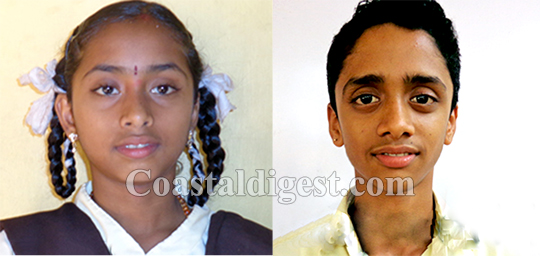
16-year-old Ashwin Kumar, a Class 10 student and 14-year-old Aishwarya Lakshmi, a Class 8 student are the deceased. Their parents are Shankaranarayana Hebbar (45), a cook by profession and Mahalaxmi (38).
The incident came light on Monday morning. Some neighbours came to the house and found all four unconscious and alerted police.
A team rushed to the spot and moved them to hospital where the children were declared brought dead. The parents were put in the intensive care unit where their condition is said to be critical.
A case has been registered at Byndoor police station and investigations are on. Details awaited.
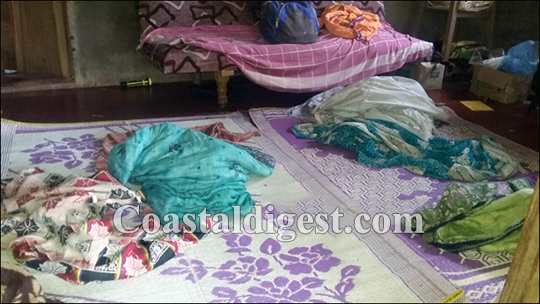
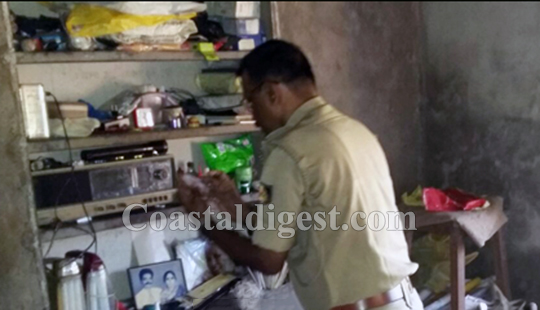
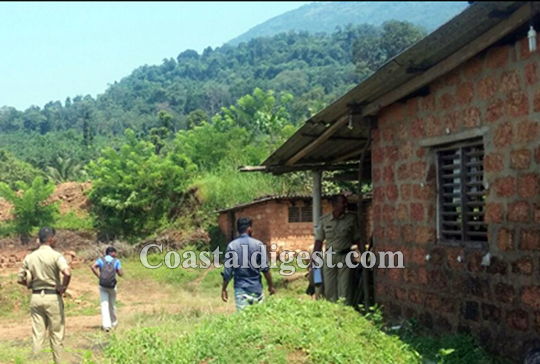
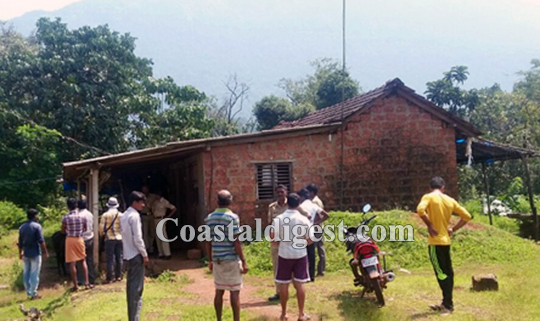




Comments
why they feed poison to innocent children ? innalliha
Add new comment